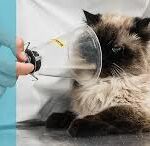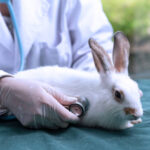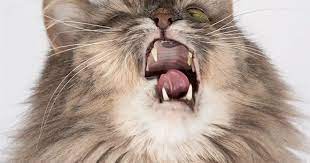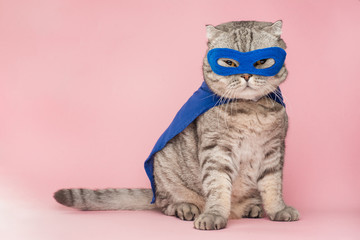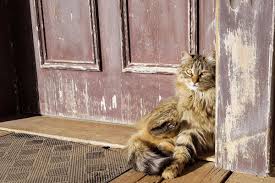My Cat Keep sneezing more frequently than usual, while the occasional sneeze is usually nothing to worry about, persistent or repetitive sneezing in cats could be a cause for concern. Just like humans, cats can experience sneezing due to a variety of reasons, ranging from minor irritations to more serious health issues. Understanding why your cat keeps sneezing can help you address the issue and ensure your furry companion stays healthy and happy.
Table of Contents
My Cat Keep Sneezing
The cause of a cat sneeze can be as simple as a speck of dust causing a tickle, and as serious as cancer. If your cat is only sneezing and doesn’t have any other symptoms, then the cause is likely something small.
- “Nose tickle”
- Strong, chemical smell
- Allergies
- Infections (viral or bacterial)
- Dental disease
- Foreign object
- Cancer
In the following sections, we will explore each of these causes and when to contact your vet.
“Nose Tickle”
My Cat Keep Sneezing
If your cat only sneezes a few times and there doesn’t seem to be any other symptoms, then it may just be a tickle. This can be caused by dust, pollen, or even their own fur. There is nothing serious about a nose tickle.
Strong, Chemical Smell
Your cat may react to strong chemical smells or to other strong smells. They may not smell bad to you, but they might smell bad to your cat. Cats will sneeze in response to strong smells they do not like.
If your cat has no other symptoms, and you have recently cleaned or applied perfume or air freshener, your cat may be reacting to the smell.

Allergies
Sneezing is a common symptom of allergies. If your cat is sneezing more than usual and has any of the following symptoms, they may have allergies.
- Coughing
- Wheezing
- Itchy eyes
- Runny eyes
- Ear infections
- Vomiting
- Diarrhea
- Snoring
- Trouble breathing
- Swollen paws
- Sensitive paws
- Excessive licking or grooming
- Red skin
- Dry skin
- Excessive scratching
Your veterinarian can help you figure out what kind of allergy your cat has. There are three main types: insect allergies, food allergies, and environmental allergies.

Allergies: Cats, like humans, can develop allergies to various environmental factors such as pollen, dust, mold, or certain types of food. When a cat comes into contact with an allergen, it can trigger sneezing as their body attempts to expel the irritant. Common signs of allergies in cats include sneezing, itching, watery eyes, and skin irritation. If you suspect your cat has allergies, consult with your veterinarian to determine the best course of action, which may include allergy testing and dietary changes.
Causes of My Cat Keep sneezing more frequently than usual, while the occasional sneeze is usually nothing to worry about, persistent or repetitive sneezing in cats could be a cause for concern.
Respiratory Infections:
Respiratory infections, such as the feline viral rhinotracheitis (FVR) or feline calicivirus (FCV), are common causes of sneezing in cats. These infections are highly contagious and can be spread from cat to cat through direct contact or exposure to contaminated objects. In addition to sneezing, cats with respiratory infections may exhibit other symptoms such as nasal discharge, coughing, fever, and lethargy. Prompt veterinary care is essential to diagnose and treat respiratory infections in cats, as they can lead to serious complications if left untreated.
Foreign Objects:
Cats are naturally curious creatures and may sometimes sniff or ingest foreign objects that can irritate their nasal passages, leading to sneezing. Common culprits include dust, grass, pollen, or small particles from household items. If your cat is sneezing excessively and you suspect they may have inhaled or ingested a foreign object, seek veterinary assistance immediately to prevent further complications.
Dental Problems:
Believe it or not, dental issues can also contribute to sneezing in cats. Tooth decay, gum disease, or oral infections can cause discomfort and inflammation in the mouth, leading to sneezing as the cat attempts to clear its nasal passages. Regular dental check-ups and proper oral hygiene are crucial for maintaining your cat’s dental health and preventing associated respiratory problems.
Irritants and Chemicals:

Exposure to irritants and chemicals such as cigarette smoke, household cleaners, or aerosol sprays can irritate a cat’s sensitive respiratory system, triggering sneezing episodes. To minimize your cat’s exposure to harmful substances, ensure proper ventilation in your home and avoid smoking indoors. Additionally, opt for pet-safe cleaning products and air fresheners to reduce the risk of respiratory irritation.
Stress and Anxiety:
Just like humans, cats can experience stress and anxiety, which can manifest in physical symptoms such as sneezing. Changes in the cat’s environment, routine, or social interactions can all contribute to stress-related sneezing. Providing a calm and stable environment for your cat, along with plenty of mental and physical stimulation, can help alleviate stress and reduce sneezing episodes.
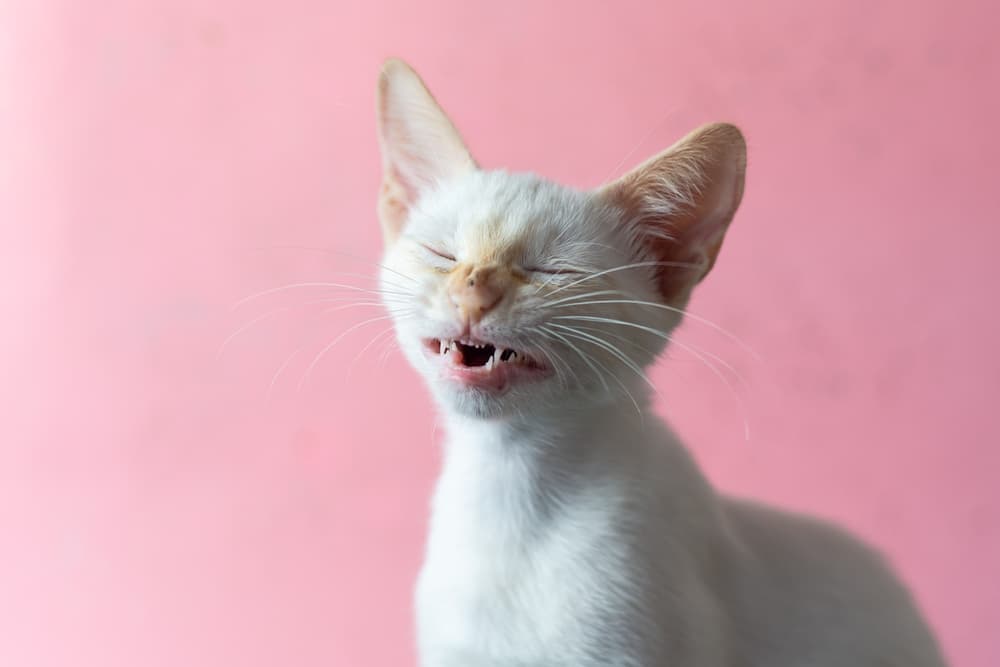
In conclusion, while occasional sneezing in cats is normal, persistent or repetitive sneezing may indicate an underlying health issue that requires attention. By identifying potential causes and seeking prompt veterinary care, you can ensure your cat receives the necessary treatment and enjoys optimal health and well-being. Remember to observe your cat’s behavior closely and consult with your veterinarian if you have any concerns about their sneezing or overall health. After all, a healthy and happy cat makes for a happy home!





